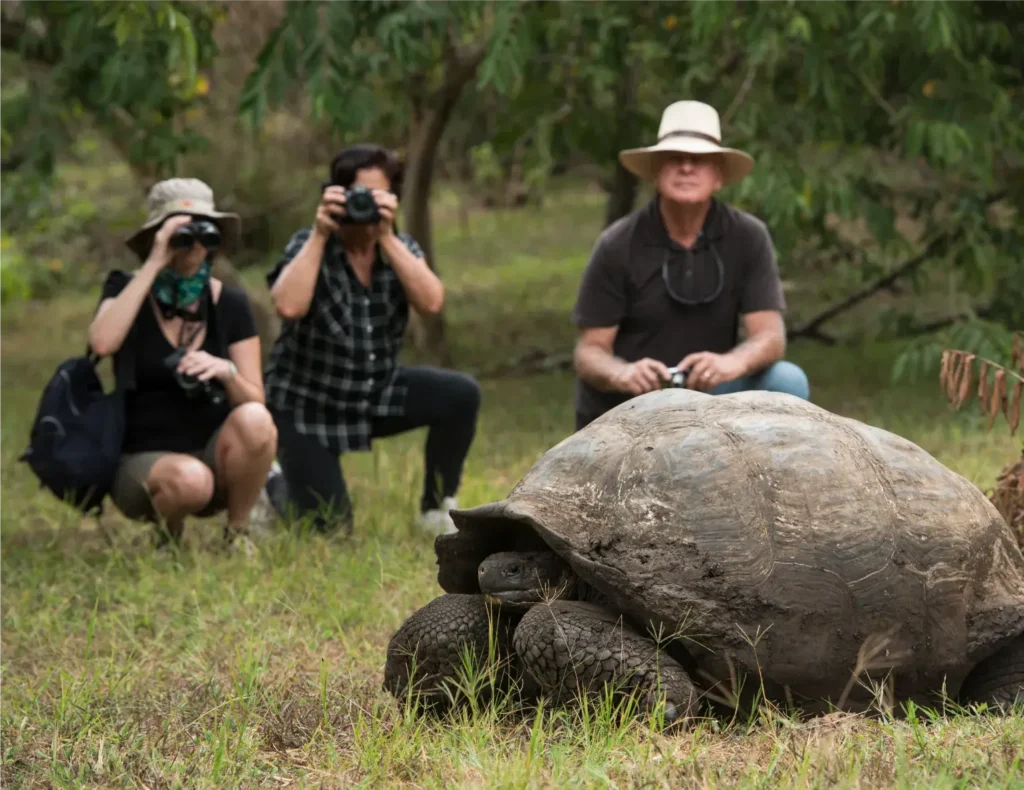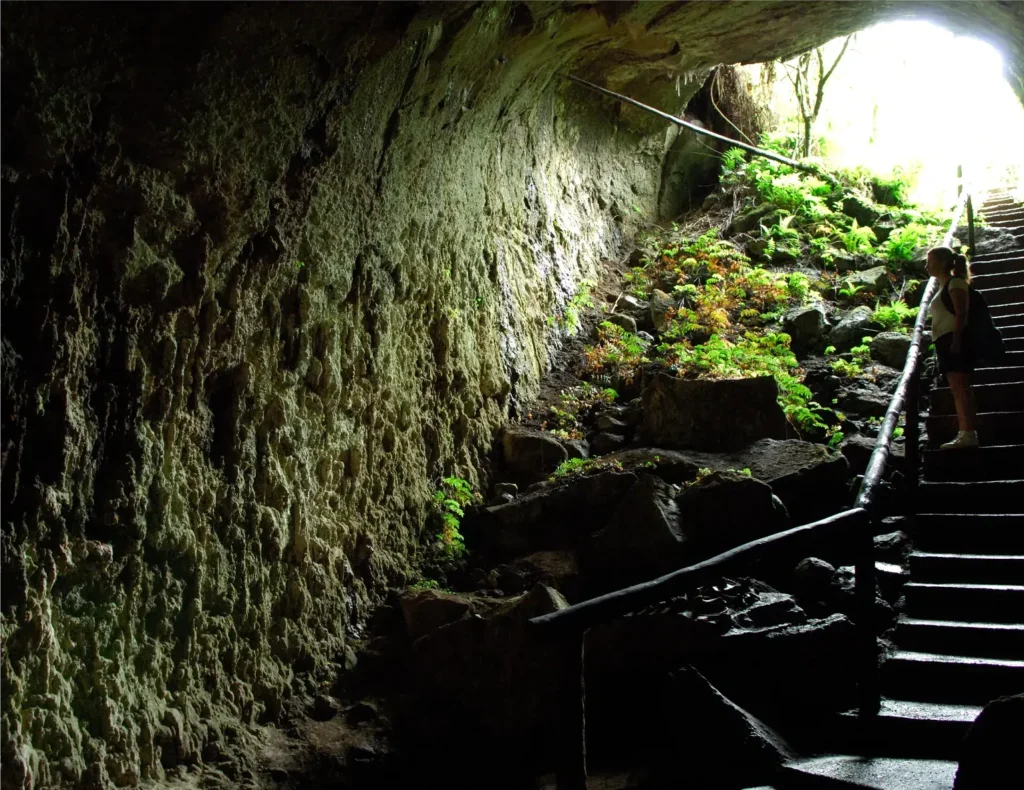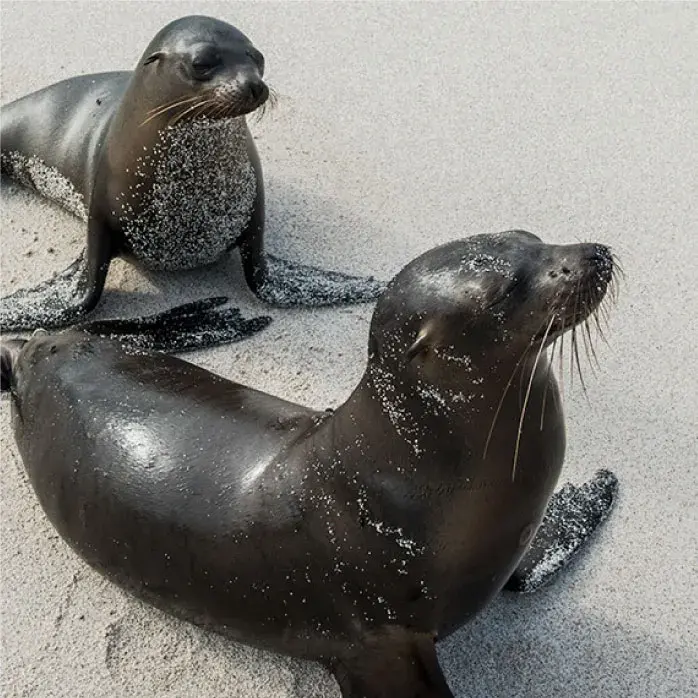Santa Cruz Island




Santa Cruz Island
The Beating Heart of the Galapagos
As the most populous island in the Galápagos, Santa Cruz serves as the central hub of human activity, research, and conservation efforts within the archipelago. Its unique blend of natural beauty and scientific importance makes it a cornerstone of the Galápagos experience.

Location
Central in the archipelago, hosts Puerto Ayora, the largest settlement, serving as a key gateway to the Galapagos National Park and the Charles Darwin Research Station.
Biodiversity
The island’s varied ecosystems range from lush highlands where giant tortoises roam to pristine beaches and the bustling town of Puerto Ayora.
Activities
Tour the Charles Darwin Research Station, explore lava tunnels, enjoy beaches like Tortuga Bay, and see giant tortoises in the wild.
Island Wildlife

Giant Tortoises
The island is famous for its Giant Tortoise populations, found in the wild in the highlands. The El Chato Reserve is a popular spot where visitors can observe these majestic creatures.

Marine Iguana
These unique iguanas, which have the ability to swim and forage in the sea, can be spotted along the rocky shores and beaches, basking in the sun to regulate their body temperature.

Darwin's Finches
Several species of these iconic birds, known for their role in Charles Darwin's theory of evolution by natural selection, can be observed throughout the island.

Sea Lions
These playful marine mammals are commonly found lounging on beaches or frolicking in the waters around Santa Cruz.

Flamingos
In some of the brackish lagoons of Santa Cruz, such as those near Puerto Ayora, flamingos can occasionally be observed, though they are more commonly found on islands like Floreana and Isabela.

Mockingbirds
These birds are known for their curious nature, often approaching visitors. They play an essential role in the ecosystem as seed dispersers and pollinators.








